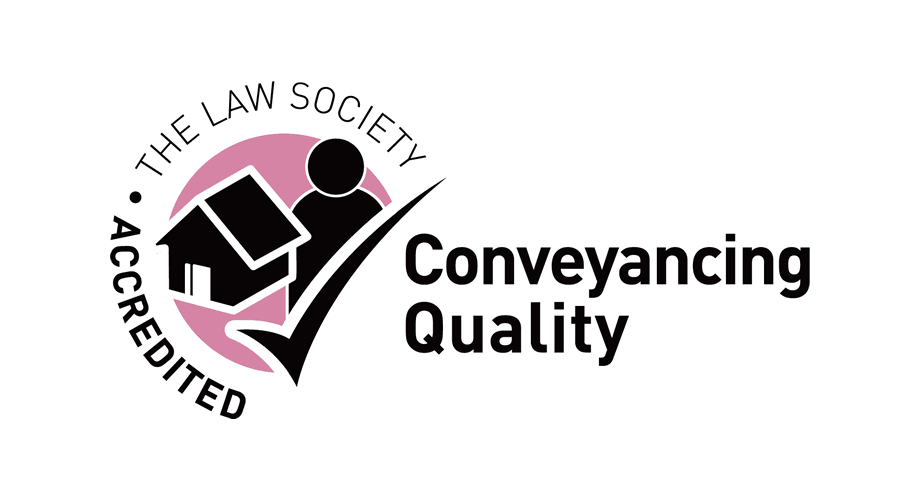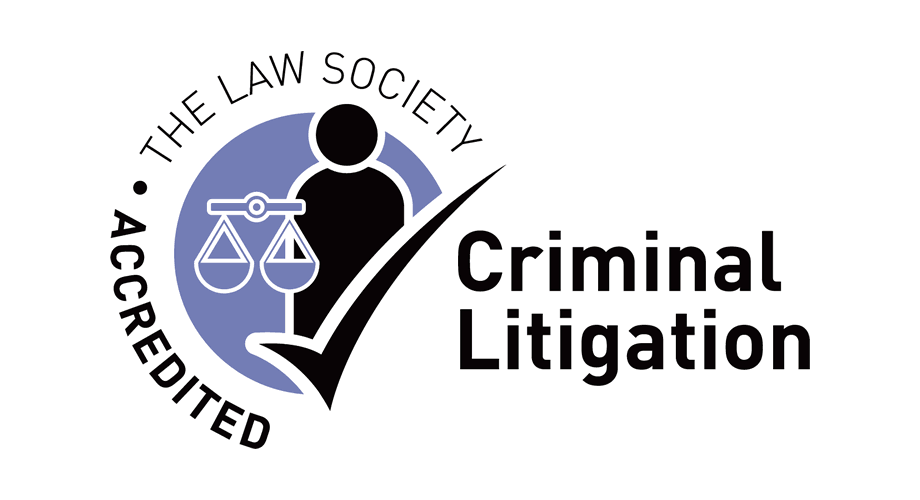0114 249 3222
01246 555 387
What is a Lasting Power of Attorney?
There are two types of Lasting Power of Attorney:
Property and Financial Affairs Lasting Power of Attorney
Under a registered Property and Financial Affairs Lasting Power of Attorney your Attorney(s) can deal with all aspects of your finances to include:
Your Attorney(s) cannot (without a court order):
You may also restrict the use of the Lasting Power of Attorney until after you lose mental capacity, but most people are happy for it to be activated before then.
Health and Welfare Lasting Power of Attorney
A registered Health and Welfare Lasting Power of Attorney operate only if you do not have sufficient mental capacity to make the relevant decisions. The Attorney(s) can take decisions which impact upon your medical condition and personal welfare such as:
Your Attorney(s) cannot:
Safeguards
Before making a Lasting Power of Attorney an independent third party has to certify that you have capacity to create the Lasting Power of Attorney and are doing so without coercion or undue influence. You may also name people to be notified that the compulsory registration process has started, and these will have the opportunity to object on certain grounds if they suspect you are being coerced.
When acting under your Lasting Power of Attorney your Attorney(s) must always act in accordance with the Code of Practice under the Mental Capacity Act 2005. If they ignore the code, there may be the risk of a criminal offence. They must also observe the restrictions and conditions you put in the Lasting Power of Attorney, and must comply with directions of the Court of Protection who will investigate Attorney(s) if they are alerted to the possibility of abuse.
Why make a Lasting Power of Attorney?
A Lasting Power of Attorney is protection for you if one day you were to find it difficult or impossible to manage your day-to-day affairs. Illness or accident could make you incapable of leaving your home or being able to sign your name, or even mentally unfit to pay bills and other commitments.
A Lasting Power of Attorney will give you the peace of mind of knowing that should the worst happen, your affairs will be properly looked after by someone you trust to do.
If a Lasting Power of Attorney is not in place and you become unable to deal with your affairs, an application has to be made to the Court of Protection for the appointment of a Deputy. Deputies are appointed by the Court of Protection and the person appointed may not be someone you would have chosen to act on your behalf. In addition, the appointment of a Deputy is much more time consuming and expensive than the appointment of an Attorney(s) under a Lasting Power of Attorney.
Looking for a solicitor to assist you? Contact us today


